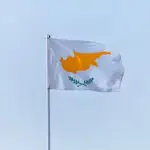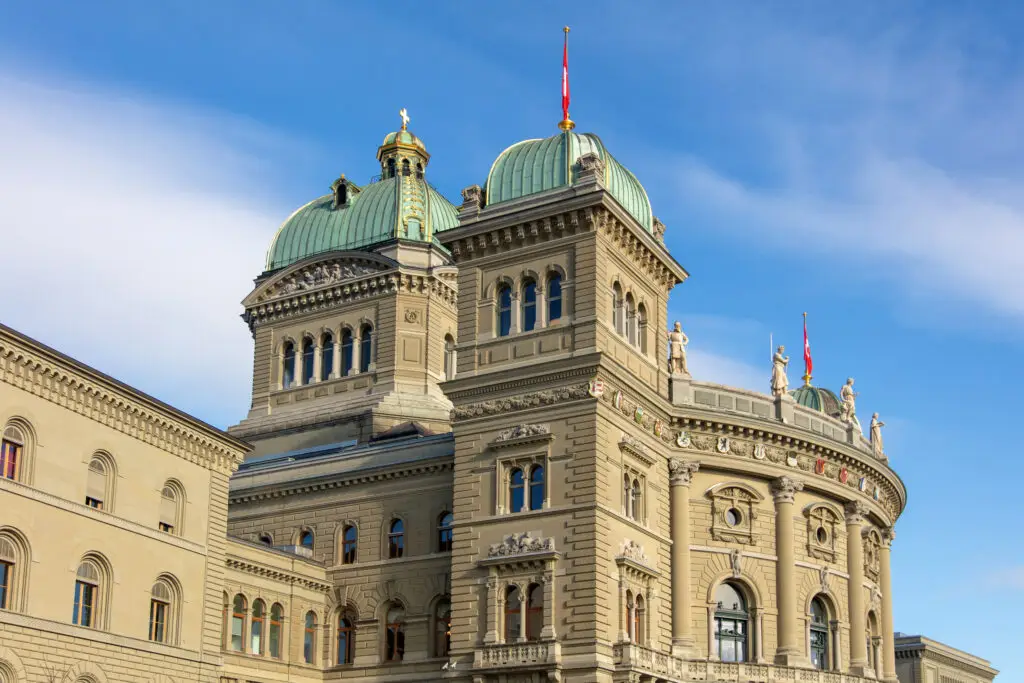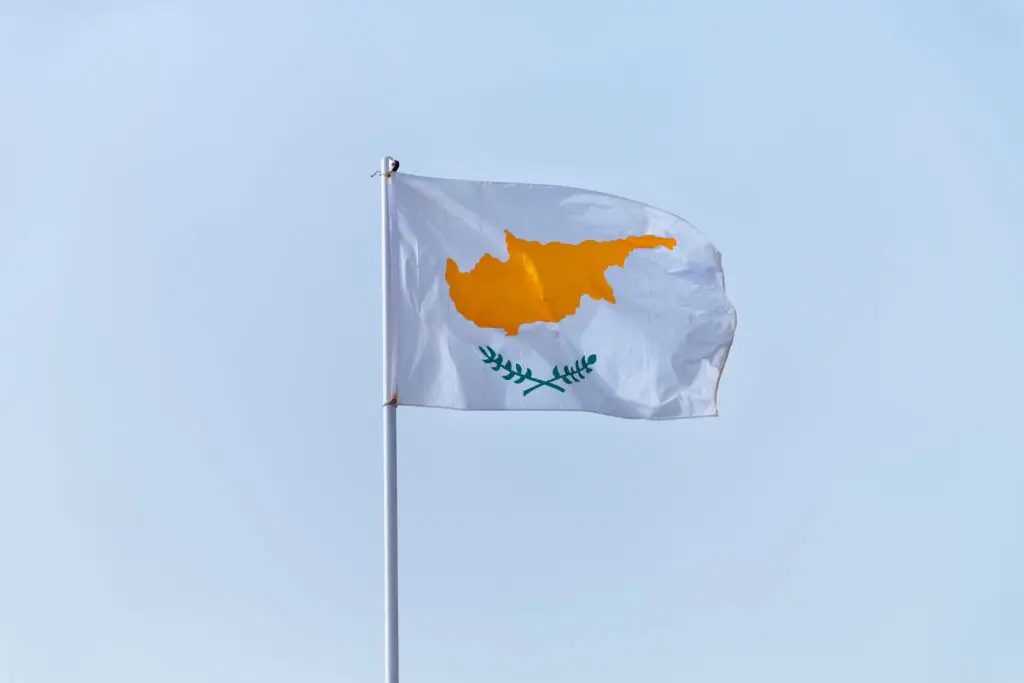Those exporting goods from the European Union are overpaying trade tariffs by about EUR72bn, according to a new report from the United Nations Conference on Trade and Development (UNCTAD) and Sweden’s National Board of Trade.
European exporters are overpaying by almost EUR72bn (USD89.2bn) because they are not taking full advantage of the reduced tariffs offered by the FTAs that the EU as a bloc has signed with a variety of both developed and developing countries, the report says.
The report uses the concept of utilization rates to analyze FTAs entered into by the EU in order to understand if businesses are fully using the agreements. UNCTAD has used utilization rate criteria since 1975 to monitor the use of trade preferences granted to developing countries under the Generalized System of Preferences (GSP).
The report suggests that although companies in the EU do take advantage of FTAs with other countries, border-related aspects of their implementation and rules of origin are proving cumbersome. “Many companies report that they have difficulties taking advantage of the preferential tariffs in the FTAs, which often has to do with the fact that the rules on proving a product’s origin – a requirement for reduced tariffs – are complex,” said co-author Stefano Inama of UNCAD.
The evidence also shows that importers are making greater use of FTAs than exporters.
“The EU’s exporters use the agreements for 67 percent of their exports to countries with which FTAs exist,” said Inama. “But we can also note that the EU’s importers use the free trade agreements to an even greater extent. In 90 percent of cases where tariff reductions can be used, they are,” added co-author Jonas Kasteng of the National Board of Trade Sweden.
A large proportion of the under-utilization is in exports from the EU to major free trade partners such as Switzerland and South Korea, while the biggest share of unused tariff reductions to the EU concerns imports from Switzerland, Turkey, South Korea, and Mexico, who pay some EUR10.5bn (USD12.9bn) more in tax than necessary.
“In total – if all free trade agreements are considered – the EU’s importers forfeit EUR600m (USD742m) in reduced tariffs every year. This ultimately means higher prices for the manufacturing industry and for consumers,” said UNCTAD.
Source: Tax-News.com.





